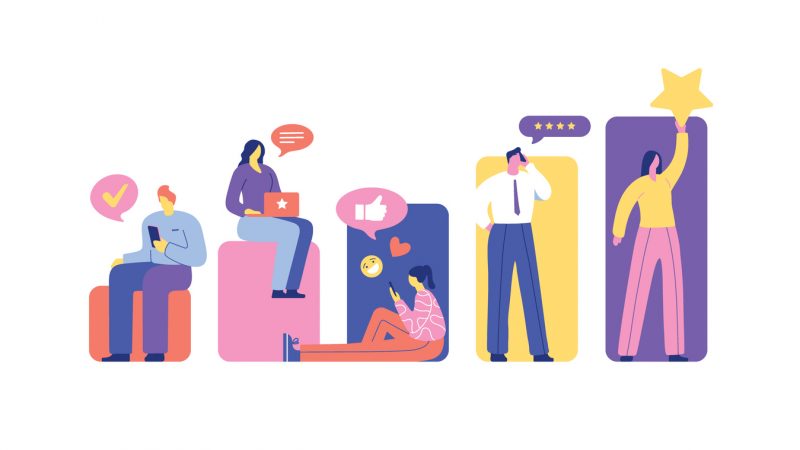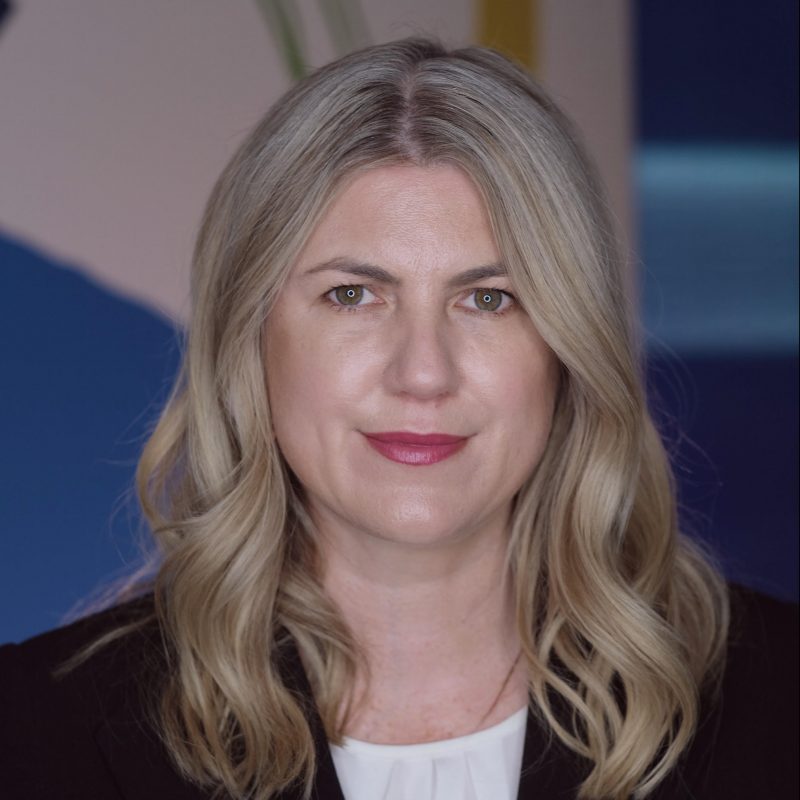We need to better support women facing online hate just for doing their jobs
Ahead of International Women's Day, Quiip's Amber Robinson looks at the abuse women face online in the course of doing their jobs, and explains why employers need to do better, starting with ensuring women don't have to moderate their own hate.
As we celebrate female achievement this International Women’s Day, it’s important to remember that when women step up, there is often a price to pay.
A landmark study by Amnesty International used machine-learning software to analyse tweets sent to a sample of 778 women politicians and journalists. It found that 7.1%, or 1.1m, of those tweets were either “problematic” or “abusive,” which Amnesty International said amounts to one abusive tweet sent every 30 seconds.
 This mirrors other research, such as an investigation by The Guardian which found that, of the top 10 regular writers who received the most abuse, eight were women. Female authors writing about sport, technology, feminism, or rape got more abuse than any other.
This mirrors other research, such as an investigation by The Guardian which found that, of the top 10 regular writers who received the most abuse, eight were women. Female authors writing about sport, technology, feminism, or rape got more abuse than any other.
While both men and women are harassed to some degree online, harassment of women is often gendered, as in this example shared by ABC presenter Leigh Sales:
This is NOT okay. If you would not say something to someone's face, don't think the anonymity of social media makes it any any way acceptable to put such vile things in writing. Think before you tweet. https://t.co/zLxwVw005O
— Kate McClymont (@Kate_McClymont) April 11, 2018
Aside from the very real personal toll on the recipients of online abuse, rampant trolling has another effect – silencing. Another recent study by Trollbusters and the International Women’s Media Foundation discovered around 30% of female journalists indicated they had considered leaving the profession altogether as a result of the impact online abuse had had on them.
Other high-profile women self-censor by leaving social media – singer Lizzo and comedian Leslie Jones are two examples of celebrities who have left Twitter due to online abuse (it should be noted – black women are 84% more likely than white women to be mentioned in problematic or abusive tweets).
The ripple effect is profound. Women who witness online abuse of other women very quickly question whether the abuse they may receive by entering the public domain is worth it. For example, 60% of women aged 18 – 21 and 80% of women over 31 said they were less likely to run for political office after seeing how negatively former Prime Minister Julia Gillard was treated by the media.
With the issues firmly quantified, we need to look at what we can do to ensure that abuse against women in the public eye is minimised. Speakers at a UN conference against online harassment of female journalists proposed three key solution areas, namely:
- stronger legislation;
- education, training and awareness-raising; and
- protective measures by media owners.
While platforms could offer much better protection, individual organisations and online community owners have a big role to play. As a professional community manager, I suggest:
Double down on community management
Don’t let the trolls win. Sometimes, the onslaught of sexist bullying can see social accounts remove content about prominent women (as in the Tayla Harris incident) or self-censor to minimise risk. Just as this approach backfired for Channel Seven, it is not a useful solution for any organisation.
Here’s a pic of me at work… think about this before your derogatory comments, animals. pic.twitter.com/68aBVVbTTj
— Tayla Harris (@tayla_harris7) March 19, 2019
Instead, you need to let your audience know which comments will be tolerated and which will not be. Demonstrate this by re-instating your code of conduct, reporting egregious content and blocking troublemakers (you may need to keep note of who they are for a while). Within a short period of time, cultural change is possible.
Don’t make women moderate their hate
In some organisations, journalists are expected to moderate comments on their articles or work-related social media accounts (if the journalist’s account is used as a promotional vehicle for your organisation, it’s work-related).
As an employer, you risk significant trauma to your staff by taking this approach. Assign an impartial employee or agency (i.e not a close team member) to monitor inboxes and post comments instead.
Train staff to be resilient in the face of online harassment
While resilience is no substitute for support, education about how to minimise exposure to online harassment and recover from it may help minimise the impact.
Setting tight security measures to avoid doxxing, practising digital health techniques like minimising time online, outsourcing inboxes and knowing where to seek help are small changes that can make a big difference to one’s ability to cope when things get nasty.
This year’s IWD theme is ‘Generation Equality.’ For women to truly achieve equality they need to be able to feel safe doing their jobs. It’s on all of us to do what we can to help that become a reality.

Amber Robinson is a senior community consultant at Quiip




These comments reveal only that reactive snapshot of a scared or hurting mind at a particular point in time. So long as we all call out trolls – loudly – when we see this, and recognise this as the zero-sum energy sucking powerplay it is, the trolls will end up effectively trolling themselves. They need to be directed towards help because they obviously aren’t handling modern life’s complexities all that well. It’s up to us to pull this into the light and help both sets of victims.
User ID not verified.